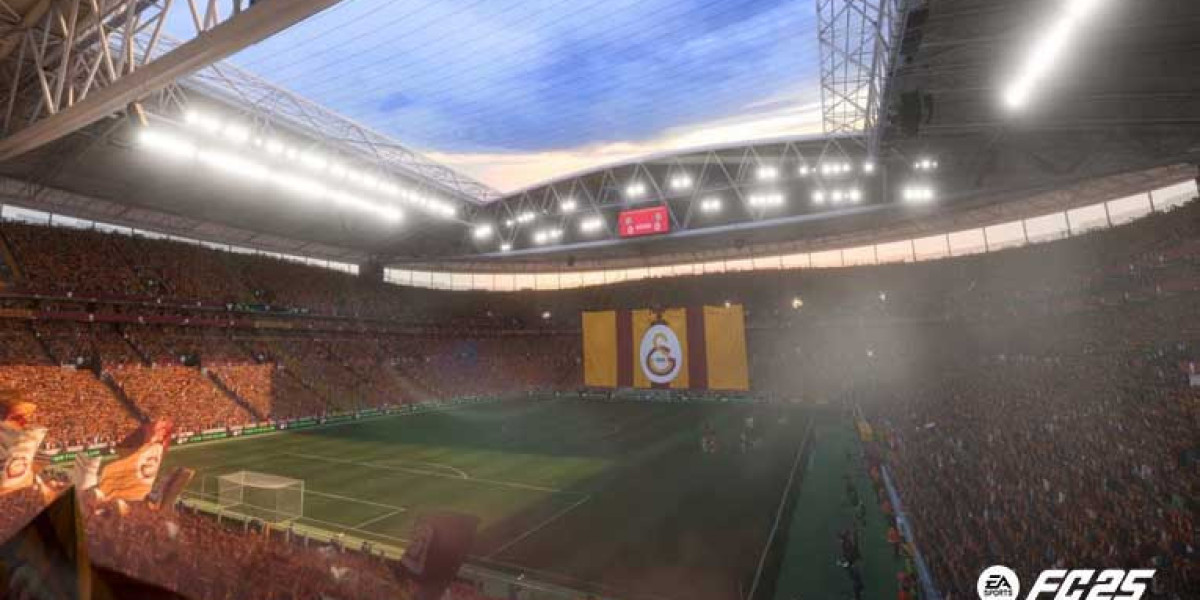FF&E means furniture, fixtures, and equipment. Most commonly used in the vocabulary of the real estate world when referring to hospitality and commercial. What does it mean, and why is it so important? FF&E is an abbreviation for Furniture, Fixtures, and Equipment and usually means anything from a wide range of things necessary for functionality and aesthetic space. The article defines what FF&E is, how important it is in real estate, and how it reflects on the valuation and management of a property.
FF&E Understanding
FF&E procurement services are furniture, fixtures, and equipment that are movable and not affixed to the structure of the building. They form an important component in the total functionality and comfort of space. They are used in commercial properties like hotels, restaurants, offices, and retail outlets.
Examples of furniture would include but not be limited to chairs, tables, desks, sofas, and beds.
Fixtures are those things that are attached to the property yet can be removed without damaging the building, examples of which include but are not limited to lighting fixtures, shelving units, and cabinetry units.
Distinguishing FF&E from Real Property
FF&E must be distinguished from what is called real property. Real property relates to land and those things that are attached to the land, such as buildings amongst other structures. Real property is always immovable, while FF&E is movable, and it can be bought or leased independently of the building. This distinction carries with it considerable implications in property management and valuation.
Importance of FF&E in Estate Property
Operational Effectiveness
FF&E items are of prime importance in making the area functional. A hotel room can be far more appealing to its guests if it is better furnished. An office with furniture designed for ergonomics may facilitate comfort and high productivity for the employees. Thus, the right selection of FF&E indeed helps in achieving not only the best user experience but also the intention with which the space was developed.
Aesthetic Appearance
Aesthetics can be one of the determining reasons people will go to or become customers or clients. The right furniture, fixtures, and equipment can make the setting truly warm and beautiful to the sight of everyone. For example, in the hotel industry, unique and stylish FF&E can make the difference between that hotel and its competitors, thus gaining bookings and good reviews.
Brand Identity
FF&E in businesses builds character in itself. The style and quality of furniture and fixtures speak volumes about a brand's message or value. A high-class restaurant might want to show off luxurious materials with elegant designs, while a casual café will choose laid-back and comfortable furnishings. Consistent use of FF&E that goes in tandem with the brand strengthens recognition and customer loyalty.
FF&E across Property Types
Hospitality
This will include guest room furnishings, furniture in the lobby area, restaurant seating, and so on within the hospitality industry. Owners of hotels invest hugely in good quality FF&E to ensure a great guest experience that will increase their brand reputation. As such, renovations and updates are often necessitated to be frequent for the property to remain attractive and competitive.
Commercial Offices
FF&E for office space includes things like desks, chairs, conference room tables, and technology equipment. Business dynamics change, and so do the space needs. Upgrade the FF&E, and companies will introduce collaborative and efficient spaces to a talented pool that is more productive and satisfied.
FF&E Management
Inventory management
The proper management of the inventory of FF&E is desirable to real estate professionals. The record of all the items, the state of condition, and their value may facilitate the process of operation and ensure replacements or upgrades well in advance. Regular audits would give a clear overview of what items have to be maintained or replaced.
Budgeting for FF&E
FF&E budgeting is critically important to any owner or asset manager, not just in terms of initial purchase costs but also ongoing maintenance and repairs and and eventual replacement. Knowledge of the life cycle of FF&E assists in the planning of future spending to maintain cash flow.
Sustainability Considerations
With the growing concern for the environment, many estate practitioners consider sustainability in selecting FF&E. Eco-friendly materials, energy-efficient equipment, and sustainable practices add to the value of the property with the least possible environmental impact.
Conclusion
FF&E is one of the important aspects when it involves real estate, especially commercial and hospitality. Knowledge of what FF&E is, its importance, and how it relates to property management and valuation is thus paramount for all dealing in real estate. With strategic choices and management of FF&E, owners and managers will be able to develop increasingly functional and aesthetic spaces with a more substantial brand identity. Being able to stay up-to-date with FF&E trends will be one of the keys in this ever-changing real estate landscape.







